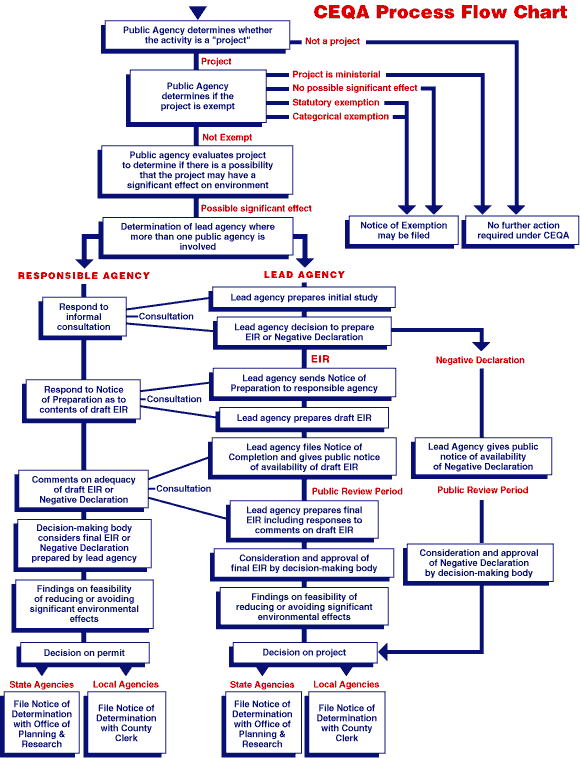
The California Legislature just approved a $100-million plan to “bolster and support” California’s legal cannabis industry. The plan was passed to combat the large illegal marijuana market that continues to hamstring the highly regulated market of legal growers.
With approximately 6,258 licenses growers in the state, employing an estimated 39,804 employees, California is by far the largest cannabis employer in the United States. As the founder and CEO of the Helmand Valley Growers Company, a cannabis company designed to help our veterans, I know how this bill will affect the industry at large. This sum of money is a great gesture, no doubt, but I fear that the state is throwing taxpayer money at a problem that requires a tourniquet, not a band-aide.
Reduce the CEQA Red Tape
A $100 million is a large sum of money for a single industry, but in my opinion, this money is going to be misdirected. As it stands today, a lot of taxpayer money may get buried in the abyss of California cannabis licensing and regulatory agencies. California is a heavily regulated state with high taxes. The growers and manufacturers that are attempting to “legalize” run into many delays, expenses, and frustrations.
Most of these bureaucratic delays stem from California’s Environmental Quality Act (“CEQA”). The CEQA requires state and local government agencies to inform decision-makers and the public about the potential environmental impacts of proposed projects. When someone wants to start a cannabis business, they need to clear it with the state’s Bureau of Cannabis Control and the California Department of Public Health. Each of these entities has their own CEQA requirements that pose formidable roadblocks for “want to be” legal cannabis operations from receiving their licenses on time – if ever.
For example, at the early stages of legalized cannabis, all the companies that participated in (or wanted to participate in) the legal cannabis market in California were required to have an annual license by January 1, 2020. Due to constant delays, this deadline was extended through January 1, 2022. Now, California is looking at extending that by another six (6) months.
As of this June, approximately 82% of the state’s cannabis operations are still running on temporary, provisional licenses.

A vast majority of these delays are due to CEQA. For illustration purposes, attached is a flowchart of the CEQA process. As you can see, this is not simple or easy, and many hopeful cannabis operations run out of money by the time they can run the gambit of CEQA requirements.
This author’s humble perspective is that a proportionate share of the $100M should be provided to CEQA or the applicants to clean up the process and/or provide the applicants with staying power to get through the maze of CEQA approval. Not only will this cut down on the amount of frivolous bureaucratic spending, but it will also allow the market up to smaller, boutique cannabis growers and make the industry more approachable to people of color who have been pushed out to the market.
California Taxation Rates are Prohibitive:
California has one of the highest tax rates for legal cannabis operators in the country. While prescription drugs are not taxed, and non-prescription drugs are taxed at 10.25%, medical cannabis is taxed at a whopping 30-40% depending on the local municipality. Cannabis is taxed at every point in the production process – the cultivator is taxed, the manufacturer is taxed, the distributor is taxed, and the dispensary is taxed.
So, in addition to the initial hurdles posed by CEQA policies, once you open your doors you need to pay taxes at a rate no other commodity or product sees or has seen.
I am not opposed to taxes outright, but I think a portion of this funding needs to assist those applying for licenses and beginning their journey in the legal cannabis market. Without this assistance, people will take the easy way out.
The Enforcement of Illegal Cannabis Sales Must Increase:
In 1996, Proposition 215 passed that allowed the legal sale of medical cannabis to patients. It was a collective model and the language in Prop. 215 was gray at best. Some followed the collective model, others did not. Years later in 2016, Proposition 64 passed, which officially ushered in the control, regulation, and tax of recreational marijuana use. This policy is what ushered in the labyrinthian bureaucracy of regulations and hurdles.
However, after Prop. 64 passed, many marijuana businesses chose simply to not get their licenses. Three years later in 2019, it was estimated that there were three times as many unlicensed businesses as licensed ones. I once asked a Los Angeles City Council Member how many illegal dispensaries are operating in Los Angles. His response, “I have no idea, but there are more of them than there are Starbucks.” Think about that.
All these factors, in their totality, explain why legal dispensaries lose millions to the sale of illicit cannabis every month. The only way to prevent this is to crack down on the black-market providers. Illegal dispensaries decrease the market share for those that do things the right way and ensure the safety and welfare of our society depends on it. Moreover, and perhaps most important, is the fact that these products are not tested for safe use by consumers – often teenagers too young to care.
At the end of the day, $100M is a lot of money, and I don’t want to discount it. It is positive that California legislators are willing to provide it and shows that they want legal cannabis to succeed. However, for this funding to have a positive impact, California needs to reduce regulations, lower taxes, and use that $100M to help decrease the illicit market.






